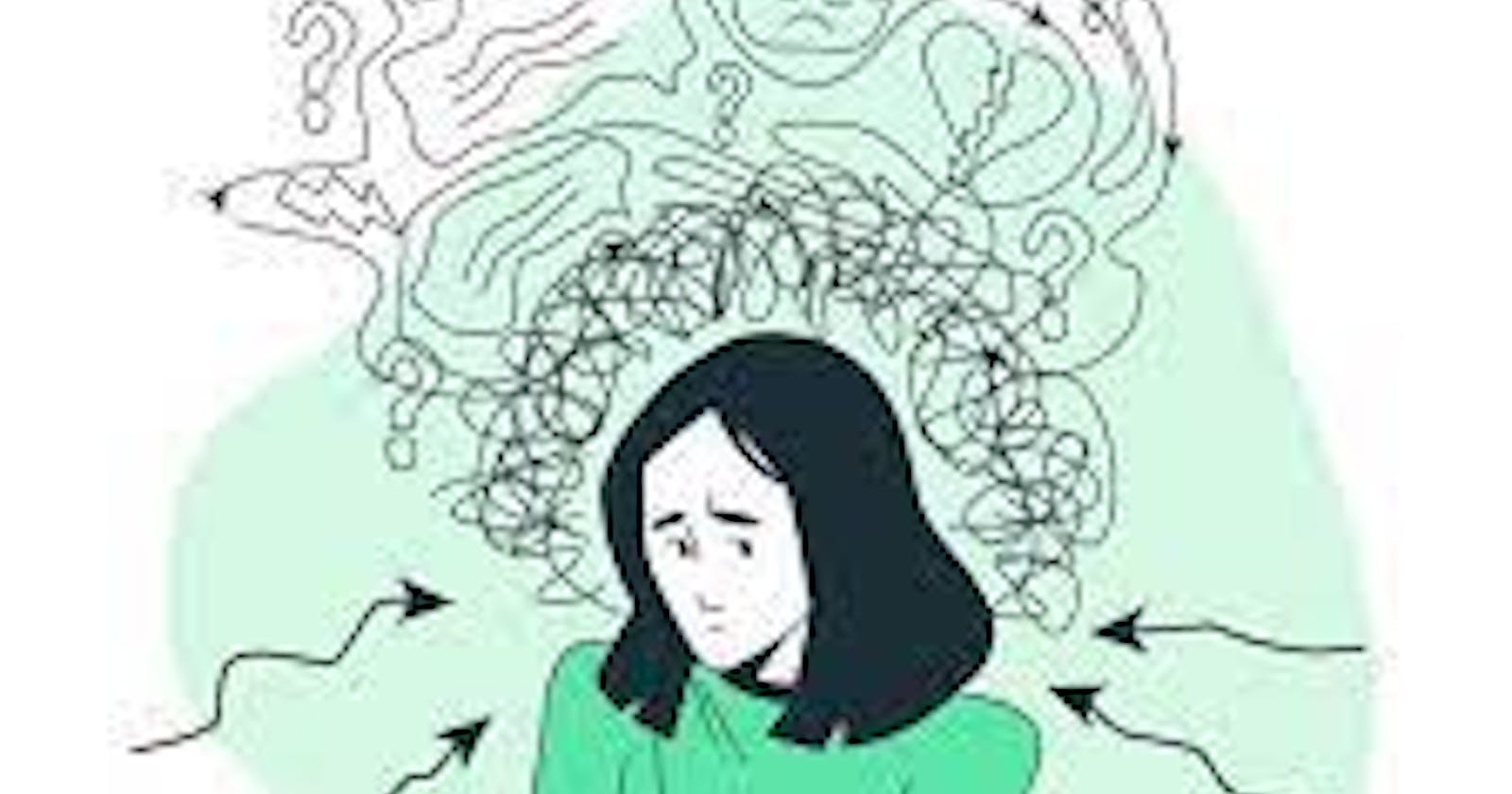Major depressed episodes can be very hard to handle and can affect all parts of a person's life. It's important to know everything about these stories in order to get through them successfully. The goal of this piece is to explain what major depressive episodes are and how they look.
Individuals can get through major depressive episodes with the help and support they need by recognizing the symptoms, building a strong support network, getting professional help, and practicing self-care techniques. There is also advice in this piece for loved ones on how to offer support and encouragement during these hard times. This article's main goal is to give people the tools they need to move on and find strength after a big depressive episode by talking about hope and recovery.
Introduction: What You Need to Know About Major Depressive Episodes
What a major depressive episode is and what it looks like
Life can throw us curveballs from time to time, and for some, those curveballs can cause big depressive episodes. But what are these events really? Now picture yourself in a funk or bad mood, and then multiply it by a hundred. Major depressive episodes are times when a person feels very sad, helpless, and like they don't want to do anything in life. When they happen, you might feel like you're stuck in a storm cloud for weeks or even months.
How common and bad major depressive episodes are
You might be shocked at how common episodes of major depression are. In fact, they affect around 16.2 million people just in the US. There are a lot of people going through their own storms! What was the effect? This is not a joke. When someone is depressed, even the smallest jobs can feel like they need to be done on Mount Everest. They can make relationships, work, and life in general difficult. Don't worry, though, my friend. With the right help, you can get through these rough patches and find calmer seas.
STALOPAM 10MG TABLET contains Escitalopram which belongs to the group of medicines called Selective serotonin reuptake inhibitors (SSRIs). It is used to treat depression (major depressive episodes) and anxiety disorders (such as panic disorder with or without agoraphobia, social anxiety disorder, generalised anxiety disorder and obsessive-compulsive disorder).
How to Tell if Someone Is Having a Major Depressive Episode
Typical Signs of Depression
When someone is having a big depressive episode, their feelings really do go up and down. You might feel incredibly sad, lose interest in things you used to enjoy, or have strong feelings of guilt or worthlessness all the time. It feels like your feelings have taken a crazy trip and forgot to bring joy and happiness with them.
Things to look out for in your body
Also, your body may be sending you signs that a big depressive episode is about to happen. Weariness, changes in hunger, and trouble sleeping are some of the body signs you should watch out for. It's like your body is telling you, "Hey, something is wrong!" Take care of yourself and pay attention.
Signs of Major Depressive Episodes in the Mind and Behavior
Major depressed episodes can also change the way you think and act. It could be hard for you to focus, make choices, or even remember things. As for your actions, you may start to avoid social situations, feel antsy or angry, or even think about committing suicide or dying. Remember, though, that spotting these signs is the first thing that will help you get the help you need.
Putting together a support system: important people to get through the storm
Why social support is important
Having people who care about you can be your escape when you feel like you're stuck in a storm. Getting support from friends, family, or even online groups is very important when you are going through a major depressive episode. As the saying goes, "a problem shared is a problem halved." Don't be afraid to ask for help from people who care about you.
Finding trusted family and friends and getting them involved
There are certain friends and family members in your support network who really "get" you. They are the ones who can make you laugh when all you want to do is cry or just listen to you without making you feel bad. Let these trusted people be your supports. They can give you a shoulder to lean on when things get rough.
Looking for Online Communities and Peer Support
Don't forget how powerful internet communities and support from other people can be. There are many groups out there where people who have had or are having big depressive episodes can connect with each other. Finding people who understand what you're going through can give you a sense of validation, belonging, and much-needed understanding. Get your virtual cover ready and jump into these helpful groups.
Stalopam Plus Tablet is a prescription medicine used to treat anxiety disorder. It is the combination medicine that calms the brain by decreasing the abnormal and excessive activity of the nerve cells. It also works by increasing the level of a chemical messenger in the brain which improves mood.
Getting Professional Help: Treatment and Drug Options
Different kinds of therapy for major depressive episodes
We need a little extra help sometimes to get through the storm. This is where treatment comes in handy. Cognitive-behavioral therapy (CBT) and interpersonal therapy (IPT) are two types of treatment that have been shown to help people who are having major depressive episodes. Think of therapy as your own personal weather report. It will help you figure out how to deal with your feelings in a healthy way.
Looking into medication as a possible treatment
Medication can help some people deal with their big depressive episodes. If your doctor prescribes antidepressants, they can help smooth out the chemicals in your brain that might be making your stormy episode worse. But keep in mind that medicine is only one part of the solution; don't forget about the other ways to help too.
Using both therapy and medicine together to get better results
Both treatment and medication can help on their own, but when used together, they can really help. It's like Batman and Robin: a dynamic team that works together to keep you healthy. Taking both therapy and medication together can help you deal with big depressive episodes more effectively, increasing your chances of a future free of trouble.
So, my friend, the storm may be going strong right now, but you'll get through it with some help, understanding, and the right tools. Don't forget that you're not alone and that better times are coming.
5. Ways to take care of yourself to handle major depressive episodes
Putting sleep and rest first
Sleep, sweet sleep! Getting those Z's can make all the difference when it comes to dealing with big depressive episodes. Allow yourself to sleep and recover, even if it means canceling your plans to watch that new show all at once. It will be good for your mental health.
Getting regular physical exercise
I know that the thought of working out might make you want to stay in bed, but trust me on this. Endorphins are happy chemicals that are released when you move. Plus, it gives you a reason to wear those fancy workout pants you've been eyeing.
Using techniques for reducing stress
You can't make a tasty sandwich with stress and sadness. They go together like peanut butter and jelly. Spend some time finding ways to deal with stress that work for you, like yoga, meditation, deep breathing, or singing your favorite songs in the shower. My friend, find your zen.
Getting into the habit of healthy eating
I get it, listen up. Having a pint of ice cream might seem like the best way to feel better when you're going through a big depressive episode. But I'm here to gently push you toward a healthy diet. Fueling your body with foods that are high in nutrients can actually make you feel better. Feel free to eat that salad. Just don't forget the sauce.

